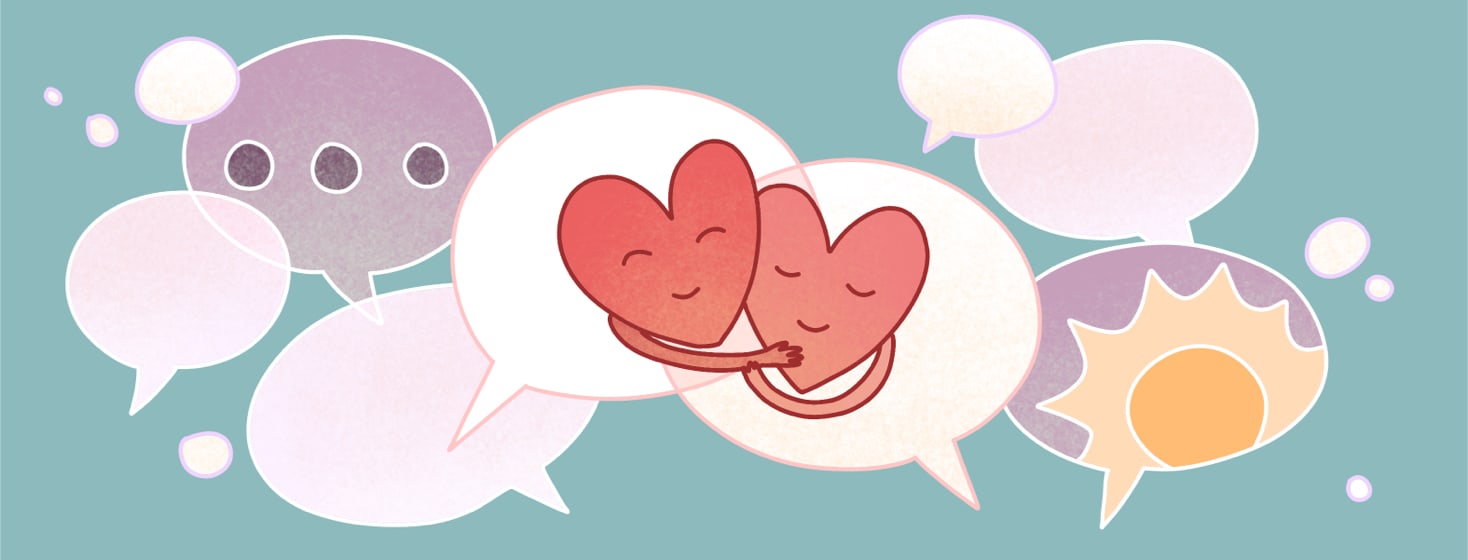Improving Alzheimer's Communication: A Personal Guide
I am a highly functional person living with Alzheimer’s disease. If you are around me for a short period of time, you probably wouldn't know I have it.
I am good at hiding it. I am also good at avoiding situations that make me look bad—until I am not. People often ask me for suggestions on how to assist individuals with Alzheimer's with communication. Hopefully, some of these examples will help in connecting with your loved ones.
How to reframe difficult conversations

Recently, I found myself in several situations where I had to work out. I was having a discussion with someone that became increasingly hard for me to follow. Long, drawn-out discussions about who said what and when certain events happened are types of Alzheimer’s communication I cannot easily have.
The person I was talking with didn't realize I wasn't following until she started asking me questions; I probably looked at her like she was speaking a foreign language. Then she started saying, "Remember when..." I don't always "remember when" because I have Alzheimer's.
Asking me if I "remember when" makes it much harder for me because I start to panic. I do not want to look stupid because I don't "remember when."
My suggestion for connecting during these moments would be to say something like, "It reminds me of the time we did this," or "I can recall a time we did this," or "Janice was with us when we took you to the store, and you bought some candy you liked." If that doesn't help with Alzheimer’s communication, move on to something else; it is likely not that important.
Simple ways you can help

Try not to get upset or mad at me if I am not responding the way you think I should. Perhaps I am not understanding what you are trying to ask or tell me. I am not doing it on purpose.
Try to keep your voice cheerful and smile. This is a lot to ask when assisting individuals with Alzheimer's in communication, but you might get the outcome you desire if your approach is different.
It is harder for us to change how we relate to you than for you to relate to us.
If you feel that a person with Alzheimer's is confused or disoriented, it is okay to say, "Would it be okay if we came back to this task?" or, "Let's take a break and take a walk," or, "Would you like to rest for a while where it is quiet?" Prioritizing connection over task completion is vital.
Flexibility is key in trying to distract or assure us that it is perfectly fine to take a break.
Assisting individuals with Alzheimer's in communication

When I face a situation that I am having a problem with, and the person around me doesn't know I have Alzheimer's, it is difficult to know what to say—for both of us. This past week, I was having a difficult time with something, and someone asked me why it was so hard for me.
I was embarrassed by my response, but it worked for me in the moment. I said, "I have a neurological disease, and it prevents me from doing this." The gentleman said to me, "I am sorry to hear that; is there anything I can do to help?" I told him no and thanked him.
Since I was obviously having a little problem, I realized that if I had told him I had Alzheimer's disease, I wasn't sure I could deal with a negative reaction. I am not sure I would have gotten one from him, but it happens quite often.
I wasn't sure I could handle it at that moment. I usually don't shy away from telling people about my disease; it is just that sometimes you have to do what you have to do to keep connecting with the world around you.

Join the conversation